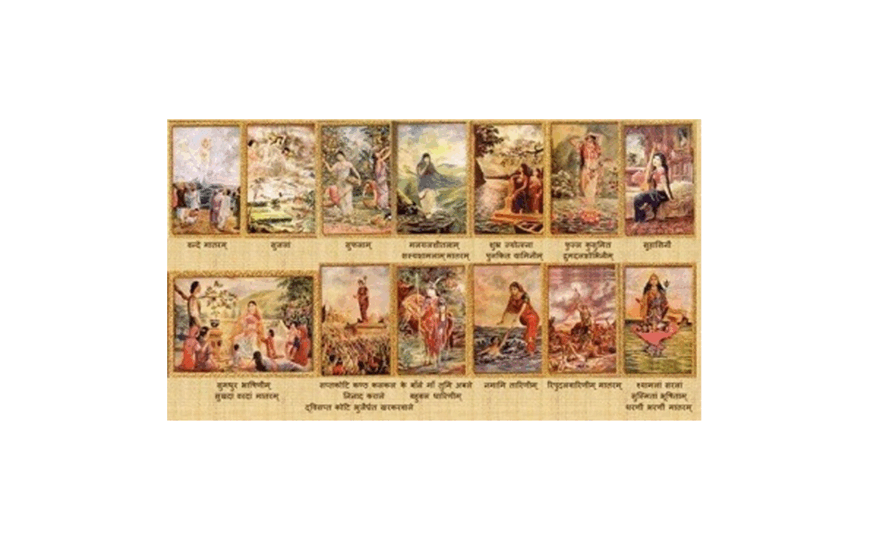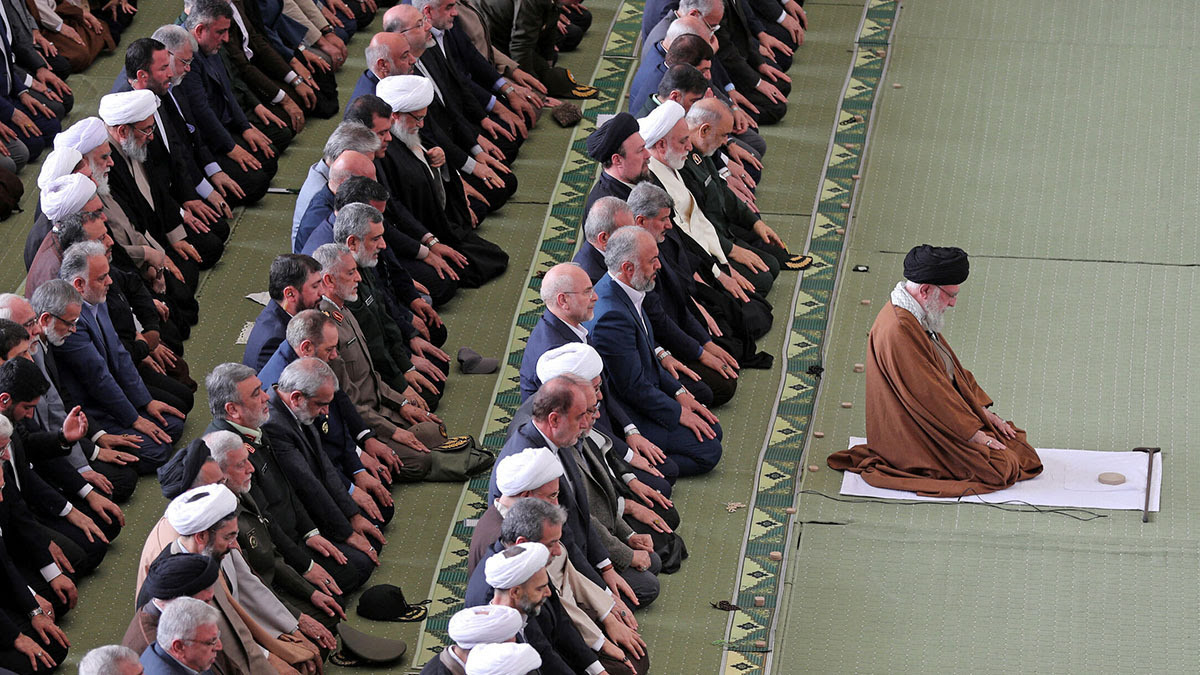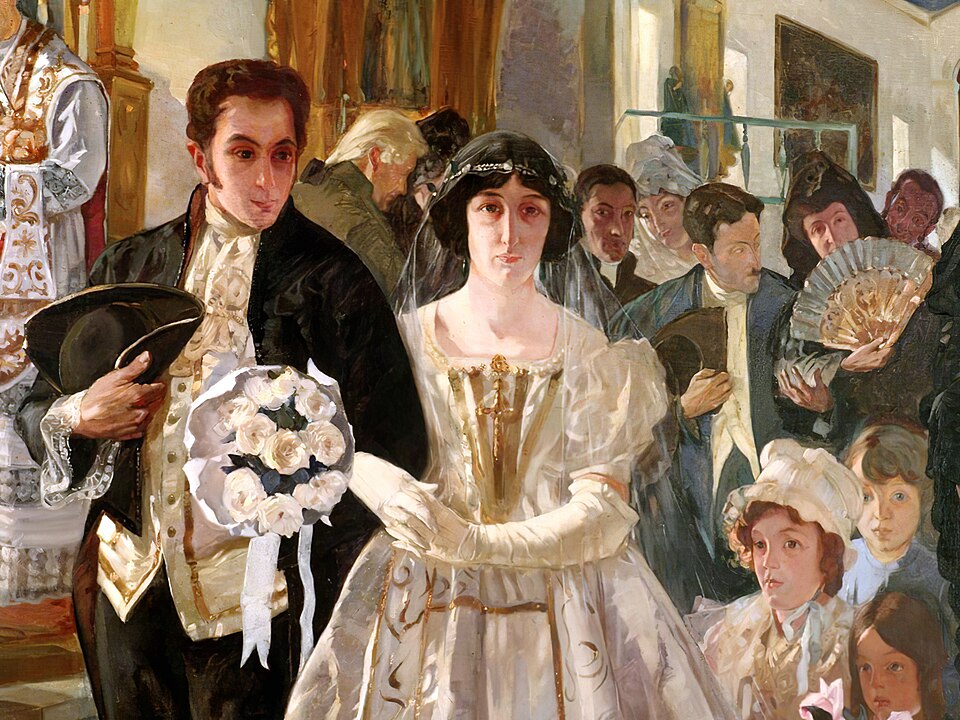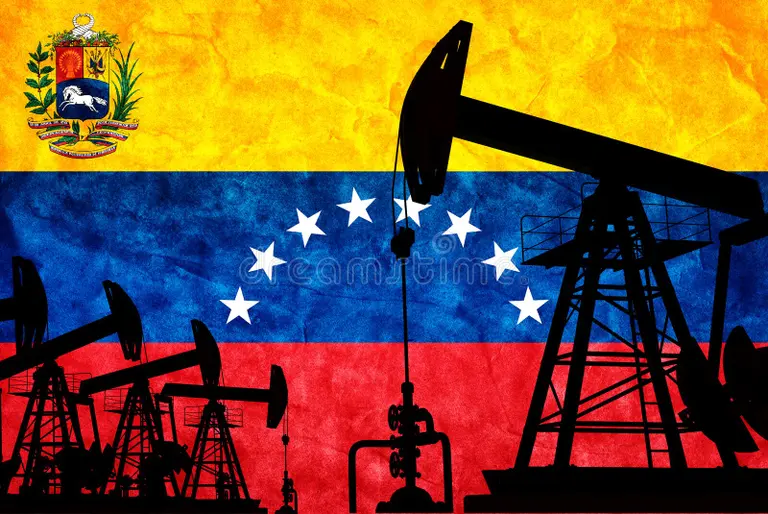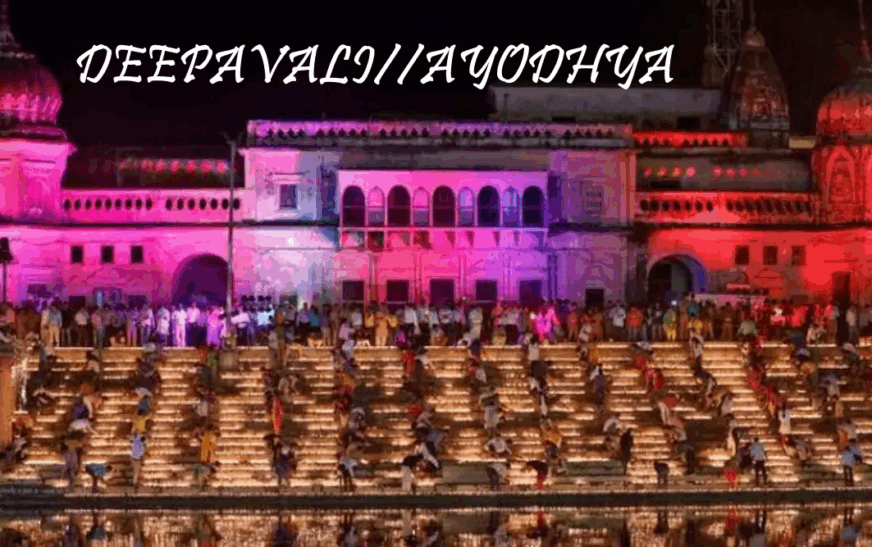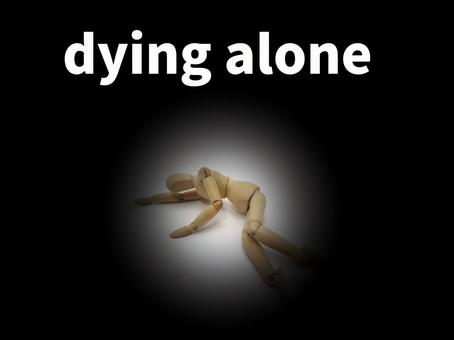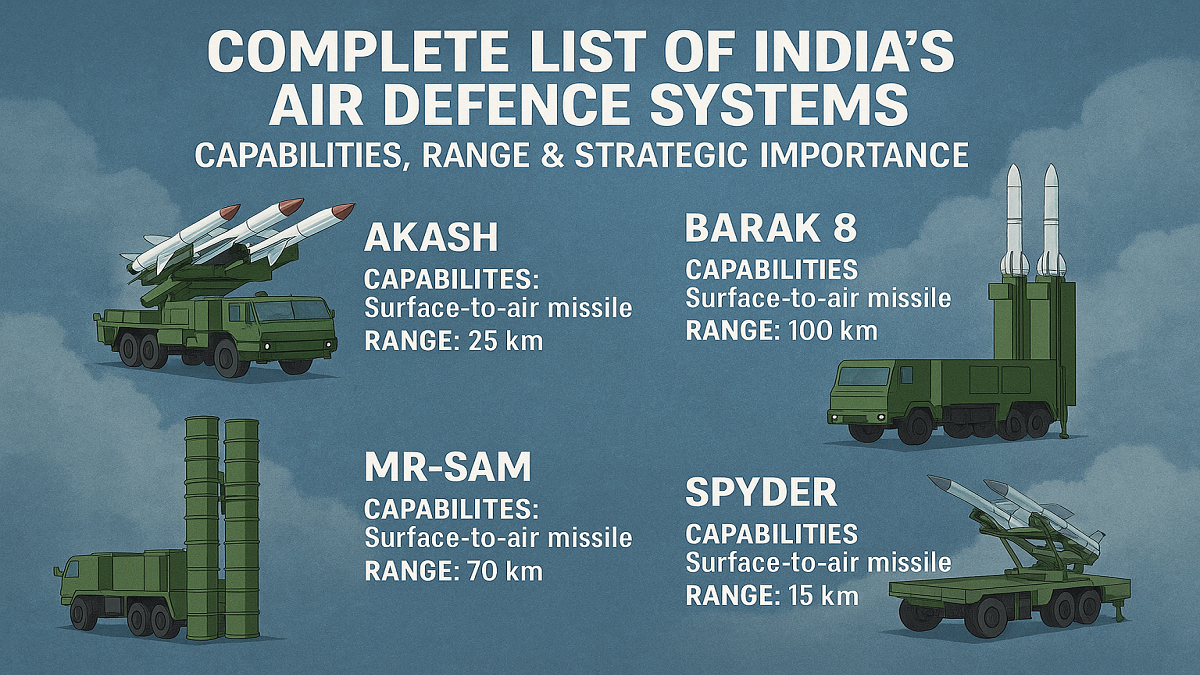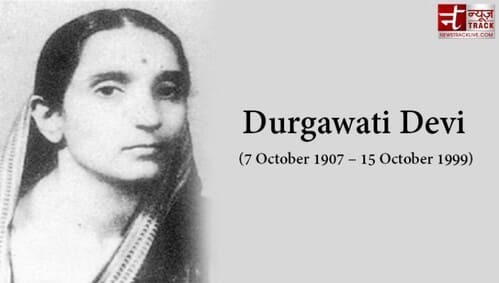VANDE MATARAM
A Historical Review
SARASIJ MAJUMDER
7th November 2025 is the 150th year of our National Song— ‘Vande Mataram’—and to mark this day in history, GOI released a special commemorative Coin, and Postage Stamp dedicated to the National Song.
The song was composed in 1875, first published in BANGADARSHAN as a serial in 1880, and as a part of Ananda Moth.

This song, an integral part of Rishi Bankim Chandra Chatterjee’s Historical Novel, Anandamath, rendered by ‘SWAMI VABANANDA’ in the Novel. The novel is set against the backdrop of the Sanyasi Rebellion. It is surprising that certain passages of the book have been INTERPRETED (!??!) as glorifying the operation of “ethnic cleansing” of Muslims and portraying them in a negative light as oppressors alongside the British. This historical context made the song deeply problematic for almost all Muslims of British India, as well as Independent India.
The entire lyric, composed in six ( 6 ) SHLOKAS is presented in this BLOG.
But the fact can’t be denied that ‘MUSLIMS’, are INVADERS ONLY, in the context of INDIA, and they ultimately demanded and GOT a separate state named ‘PAKISTAN’ under ‘Two Nation Theory’ from Britishers in 1947.
Muslim objections to the song “Vande Mataram” historically stem from religious concerns over its devotional and patriotic imagery being interpreted as idolatry, which conflicts with their FAITH in the oneness of God). The controversy was amplified in 1937 when the Indian National Congress had to censor certain stanzas to appease Muslim objections, a decision that ultimately did not resolve the issue and instead became a political point of contention, with groups like the Muslim League continuing to demand the song’s complete removal.
Religious Objections:
The core of the objection lies in the later stanzas of the full song, which contain explicit references to Hindu deities such as Durga and Lakshmi. Singing these verses is seen by many Muslims as a form of idolatry (shirk), which is strictly forbidden in Islam, a monotheistic religion that prohibits the deification of anyone or anything other than Allah. The act of “VANDE” (bowing down/salutation) is considered a form of worship that can only be offered to God and not to ‘Mataram’ i.e. Deification of ‘MOTHERLAND’ and hence objected.
That contradicts the Islamic principle of Tawhid (the oneness of ALLAH).
Historical Context: The song originated in the novel Anandamath and the novel itself has been criticized for its portrayal of Muslims and glorification of anti-Muslim violence, adding another layer of historical concern for Muslims.
Political Opposition: During the independence movement, the All-India Muslim League, led by Muhammad Ali Jinnah, vehemently opposed the song, calling it an “Anti-Muslim Song” And “Idolatrous”.
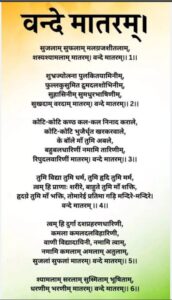
Congress’s Compromising Resolution: To address these concerns and maintain unity in the national movement, the Indian National Congress formed a committee in 1937 (including figures like Jawaharlal Nehru, Maulana Azad, etc.) to look into the matter. The committee recommended that only the first two stanzas, which offer a more secular and abstract praise of the Motherland’s beauty and bounty, may be adopted as the National Song for national gatherings, and the religiously explicit stanzas were dropped.
By this, the ‘SOUL’ of the song was separated!
Vande Mataram was not a Song only—it was a ‘Clarion Call’—a ‘Mantra’ composed like an ancient ‘Vedic Hymn’.
Present P.M. of India stated in his speech on 07/11/2025 that this act of splitting the ‘SONG’, ultimately sowed the seeds of dividing ‘INDIA’.
Outcome!!!: Despite the Congress’s efforts, the issue remained a political one. Muhammad Ali Jinnah, the then president of the Muslim League, continued to raise objections, stating that the song was not only idolatrous but also a hymn to spread hatred toward Muslims. The controversy continued for decades.
Post-Independence Status: When India became a republic in 1950, ‘Jana Gana Mana’ a composition by Gurudev Rabindranath Tagore, was adopted as The National Anthem, partly because it was free of the specific religious and political disputes associated with “Vande Mataram”. Being officially adopted as the national song by the Constituent Assembly of India on 24th January 1950, the then President of the Constituent Assembly, Dr Rajendra Prasad, declared that Vande Mataram should be honoured equally with the national anthem, Jana Gana Mana. The first two stanzas of “Vande Mataram” were declared the national song, having “equal status” with the anthem, but without the mandatory protocols of the national anthem. This decision was an attempt to appease both, almost non-existent role in the freedom struggle and the irrational sentiments of Muslims.
Even in 1950—INC was sold out to Vote Bank Politics!!!
India’s national song Vande Mataram has been again mired in debate in 2017, following the order by a division bench of the Madras High Court, that the national song “Vande Mataram” should be sung at least once a week in schools and once a month in government and private establishments to foster patriotism.
But a loathsome political protest has been triggered over this order involving national song in Maharashtra, and Uttar Pradesh. And surprisingly some Hindus also took part in this protest.
In 2006, Islamic seminary Darul Uloom had issued a fatwa describing Vande Mataram as “anti-Islamic”. In 2009, Jamiat had issued another fatwa against the national song.
Despite this historical and undue compromise, Muslim Organizations issued, and issuing fatwas against it based on the same but expired religious objections.
I wholeheartedly thank present GOI to celebrate the National Song, starting from 07 November, 2025 extended over one year period in my MOTHERLAND.
VANDE-E-E MATARAM! JAI HIND!!
References:–
- Content— More than written above are available in Public Domains.
- Image Copyright : Hindu Existence, Google.
Disclaimer: — No person, or Religion is insulted, and that was not intention. Only facts compiled from Public Domains for sharing information. And this is not a Commercial Blog.

